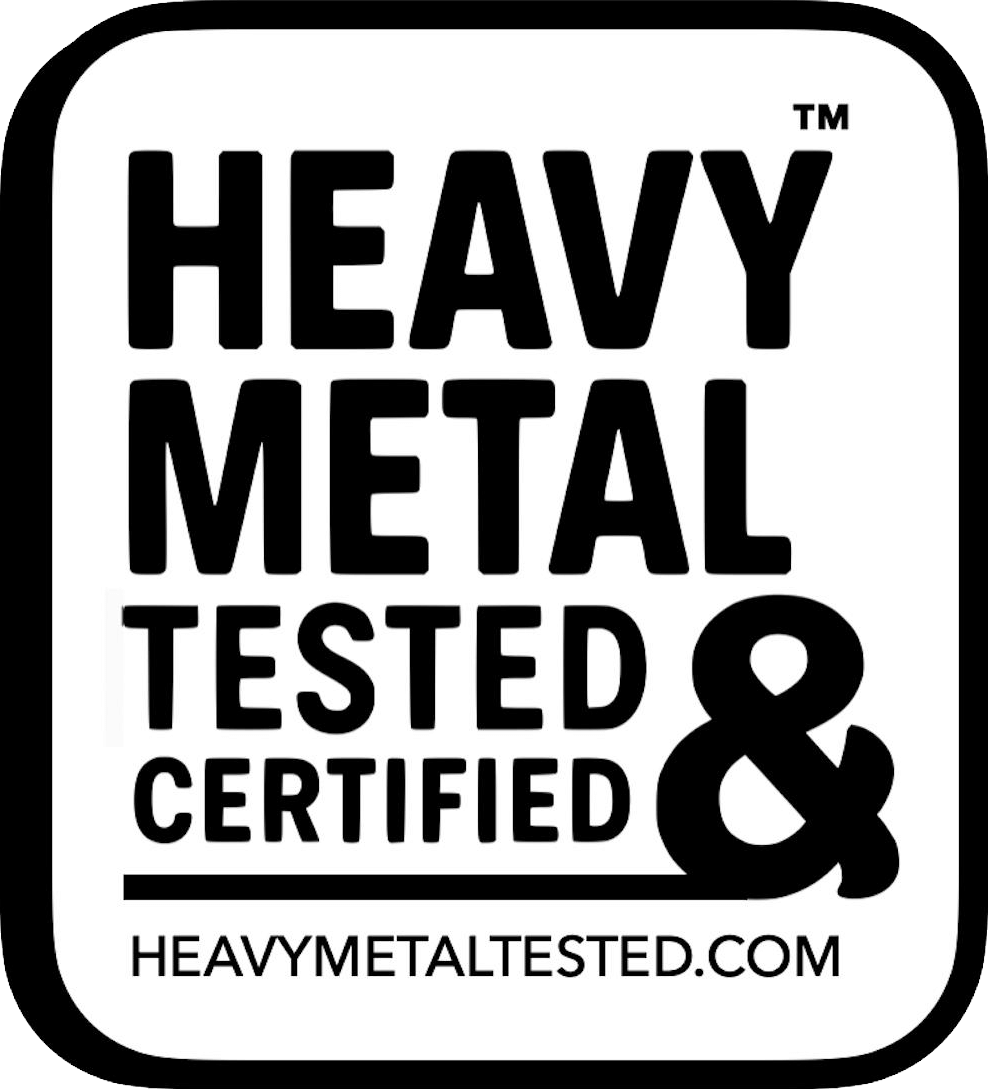What was reviewed?
This CBS News report examines the Beech-Nut infant rice cereal recall, detailing the company’s voluntary removal of specific lots after state testing found inorganic arsenic above the U.S. FDA guidance level. The article outlines recall scope, rationale, lack of reported illnesses, and Beech-Nut’s decision to exit the infant rice cereal market due to difficulty sourcing rice flour consistently below guidance levels, contextualizing the story within broader policy initiatives like the FDA’s Closer to Zero strategy and congressional scrutiny of toxic metals in baby foods.
Who was reviewed?
The report centers on Beech-Nut Nutrition, U.S. regulators, and consumer stakeholders. It references Alaska’s routine sampling that triggered the recall, the FDA’s guidance and planned limits for arsenic, lead, and mercury in baby food, and commentary from Consumer Reports urging stricter statutory limits. The piece also notes that infants and toddlers are uniquely vulnerable to heavy metal exposure due to size and neurodevelopment, even as no illnesses had been reported at the time of publication.
Most important findings
| Critical point | Details |
|---|---|
| Trigger and scope | Routine State of Alaska testing identified inorganic arsenic above FDA guidance in limited Beech-Nut Single Grain Rice Cereal lots, prompting a nationwide voluntary recall; no illnesses were reported. |
| Company response | Beech-Nut announced it would stop selling infant rice cereal, citing challenges in consistently procuring rice flour below FDA’s guidance level and its internal specifications. |
| Regulatory context | The article situates the recall within FDA’s Closer to Zero plan to set or tighten limits for arsenic, lead, mercury, and later cadmium, emphasizing iterative, science-based limits and surveillance. |
| Product identification | The recalled product included specific UPC, product codes, and an expiration date; consumers were instructed to discard or seek refunds via Beech-Nut’s website or hotline. |
| Public-health rationale | Elevated inorganic arsenic is hazardous to infants and toddlers; long-term exposure to heavy metals can impair neurodevelopment and is highlighted as a particular risk for young children. |
| Policy pressure | The report references a congressional inquiry describing baby foods “tainted” with toxic metals and calls for the Baby Food Safety Act to require strict FDA limits across infant foods. |
Key implications
For regulators, the Beech-Nut infant rice cereal recall illustrates how surveillance sampling and guidance levels translate to rapid market action and underscores the need for enforceable limits. For HTMC certification, matrix-specific arsenic thresholds, validated low-LOQ methods, and supplier verification are essential. Industry should harden procurement standards, elevate process controls, and maintain recall-ready traceability. Research gaps include agricultural uptake variability and processing contributions. Practical recommendations are to implement risk-based testing, publish transparent compliance data, and align claims with FDA and HTMC thresholds.
Citation
Gibson K. Beech-Nut recalls infant rice cereal due to arsenic concerns. CBS News. Published June 9, 2021. Accessed October 20, 2025.
Arsenic is a naturally occurring metalloid that ranks first on the ATSDR toxic substances list. Inorganic arsenic contaminates water, rice and consumer products, and exposure is linked to cardiovascular disease, cognitive deficits, low birth weight and cancer. HMTC’s stringent certification applies ALARA principles to protect vulnerable populations.

